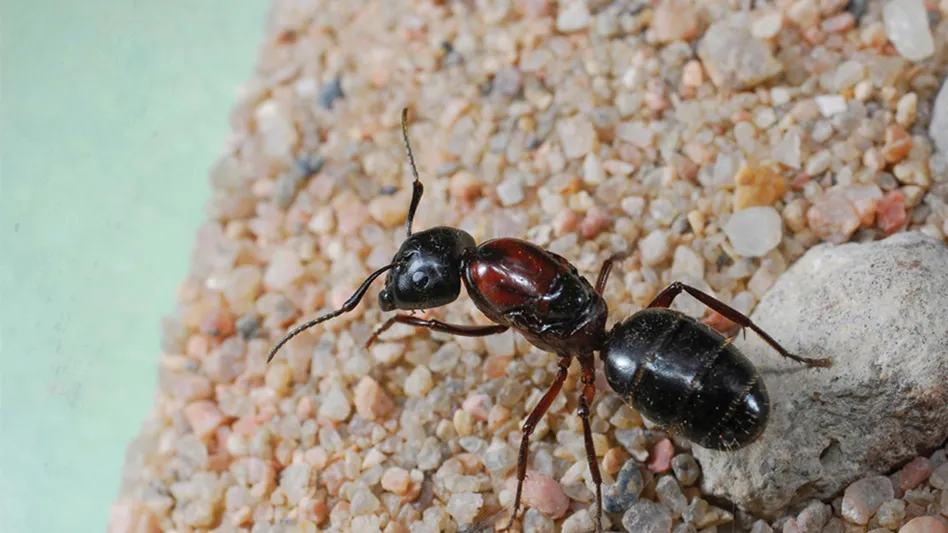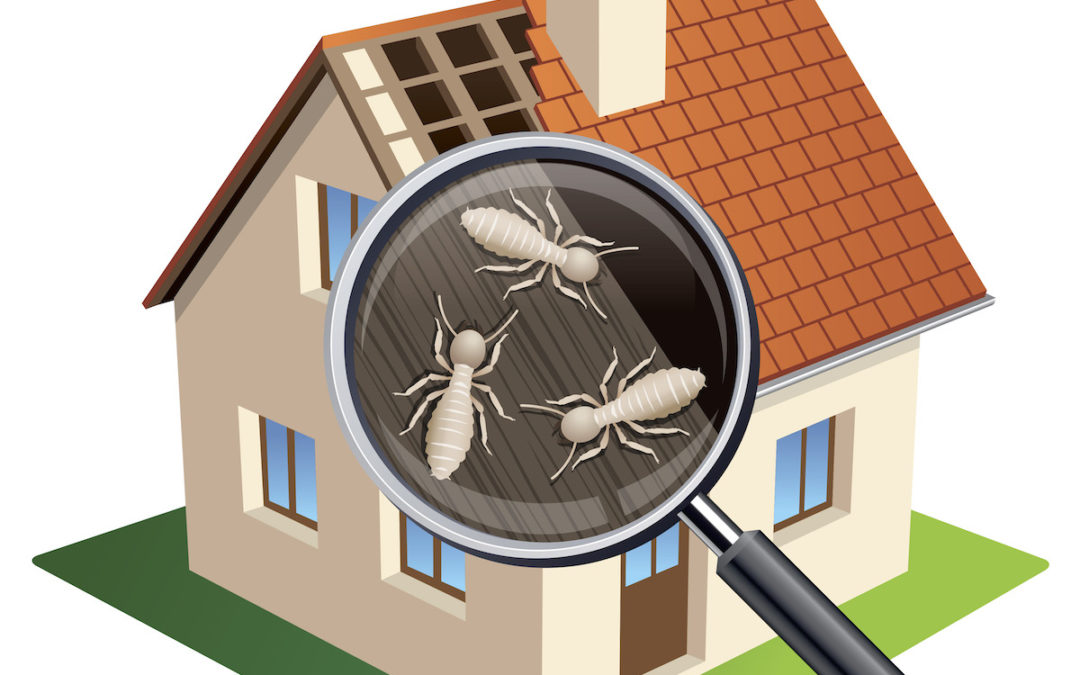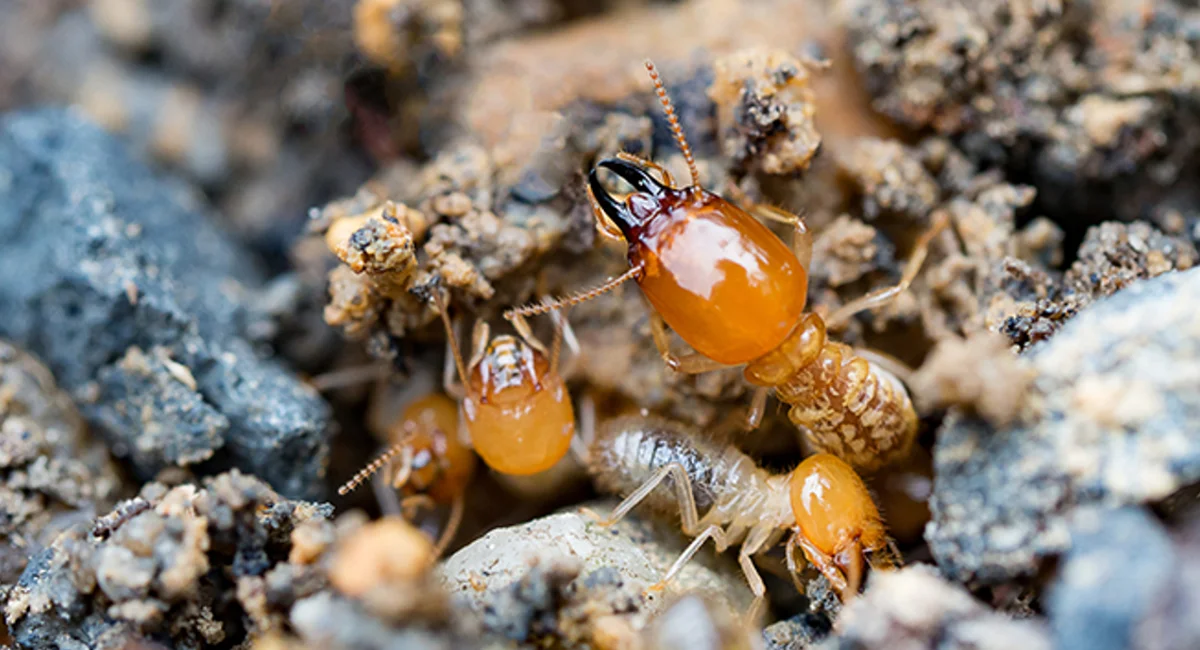Expert Ant Control Services: Personalized Treatments for Long-term Results
Wiki Article
Environmental Effect of Pest Control: Balancing Effectiveness With Sustainability
The environmental effect of bug control is an essential issue that needs a delicate equilibrium in between accomplishing efficiency in taking care of pests and guaranteeing sustainability of our environments. As we make every effort to shield our crops, homes, and health from the hazards posed by parasites, the approaches we employ can accidentally hurt the atmosphere. From using hazardous chemicals that seep right into our dirt and water to the unplanned consequences on non-target species, the consequences of standard pest control practices are significant. There are emerging strategies that offer hope for an extra lasting technique to pest monitoring. These options not only goal to deal with the instant insect troubles yet also consider the long-lasting health and wellness of our earth.Harmful Chemicals in Bug Control
The use of hazardous chemicals in parasite control positions substantial environmental and wellness threats that necessitate mindful factor to consider and mitigation techniques. Herbicides, insecticides, and pesticides are generally utilized to get rid of parasites, yet their extensive application can bring about unintentional consequences. These chemicals can pollute soil, water resources, and the air, impacting not only the targeted parasites yet additionally valuable insects, wild animals, and people.
To address these risks, integrated parasite administration (IPM) methods are being promoted as a much more lasting choice. IPM involves a mix of techniques such as biological control, environment control, and the targeted use of pesticides as a last option (ant control mocksville nc). By adopting a holistic technique to pest control, we can lessen the environmental and wellness impacts related to harmful chemicals while effectively managing pest populations
Impact on Non-Target Species
Thinking about the unintended effects of insect control methods, the effect on non-target varieties is a critical facet that calls for comprehensive assessment. While pest control actions intend to target certain parasites, other organisms in the community might be inadvertently impacted. Non-target species, including beneficial bugs, birds, animals, and also plants, can suffer indirect or straight injury from chemical applications or organic control approaches.Insecticides designed to deal with a particular bug pest might harm pollinators like bees or natural predators such as ladybugs. Biological control agents, if not species-specific, can posture dangers to unintended targets, interrupting the ecological balance.
To reduce the impact on non-target types, incorporated bug monitoring (IPM) strategies that stress an alternative strategy to pest control are suggested. These approaches focus on the use of environmentally friendly techniques, lessening injury to useful microorganisms while properly handling pest populaces. Performing thorough danger analyses and monitoring the outcomes of pest control efforts are essential action in protecting non-target species and promoting total ecological community health.
Dirt and Water Contamination
Unplanned environmental repercussions of pest control approaches prolong beyond affecting non-target species, with substantial effects for dirt and water contamination - ant control. Pesticides, herbicides, and chemical plant foods utilized in pest control can leach into the soil and contaminate groundwater, posing a risk to both terrestrial and marine ecosystems.Water contamination is an additional critical issue linked with bug control practices. To alleviate dirt and water contamination from insect control tasks, integrated pest administration strategies that prioritize sustainability and minimize chemical inputs are vital.
Air Pollution From Chemical Use
Direct exposure to air-borne pesticides throughout farming applications postures a substantial worry for air contamination control procedures. Additionally, pesticide drift, where chemicals are brought by the wind to unintended locations, can lead to the contamination of close-by communities and water bodies.
Strategies for Sustainable Pest Control
In the world of agricultural practices, applying sustainable pest control strategies is paramount for maintaining environmental equilibrium and guarding crop returns. Lasting parasite control emphasizes making use of eco-friendly methods to manage pest populations properly while minimizing damage to non-target organisms and environments. Integrated Parasite Monitoring (IPM) is a commonly taken on strategy that incorporates organic, cultural, physical, and chemical control approaches to accomplish lasting bug management services.One trick approach in lasting pest control is advertising biodiversity within agroecosystems. By boosting natural adversaries of insects, such as parasitoids and killers, farmers can decrease the need for artificial pesticides. Plant turning and diversity are also effective methods to interfere with pest life cycles and create much less favorable conditions for insects to thrive. Additionally, utilizing pest-resistant crop ranges and utilizing methods like trap chopping can assist decrease bug pressure without relying greatly on chemical treatments. Eventually, by incorporating these sustainable bug control strategies, farmers can achieve a balance between pest management effectiveness and ecological stewardship.
Final Thought
To conclude, the environmental effect of bug control techniques need to be meticulously considered to stabilize efficiency with sustainability. Harmful chemicals made use of in parasite control can cause soil and water contamination, air pollution, and harm non-target varieties - termite control services. It is important to implement lasting insect control approaches to reduce these you could try here unfavorable results on the environment and promote a healthier environment for future generationsBy taking on a holistic approach to pest control, we can minimize the environmental and wellness impacts associated with unsafe chemicals while successfully managing pest populations.

To mitigate the air pollution triggered by pesticide usage, it is crucial to take on integrated parasite management methods that focus on the use of non-chemical parasite control approaches, such as plant turning, natural predators, and resistant plant selections. Lasting pest control emphasizes the use of ecologically friendly approaches to manage parasite populations efficiently while decreasing harm to non-target organisms and environments. Integrated Pest Monitoring (IPM) is an extensively taken on strategy that integrates organic, cultural, physical, and chemical control methods to attain lasting bug administration remedies.
Report this wiki page